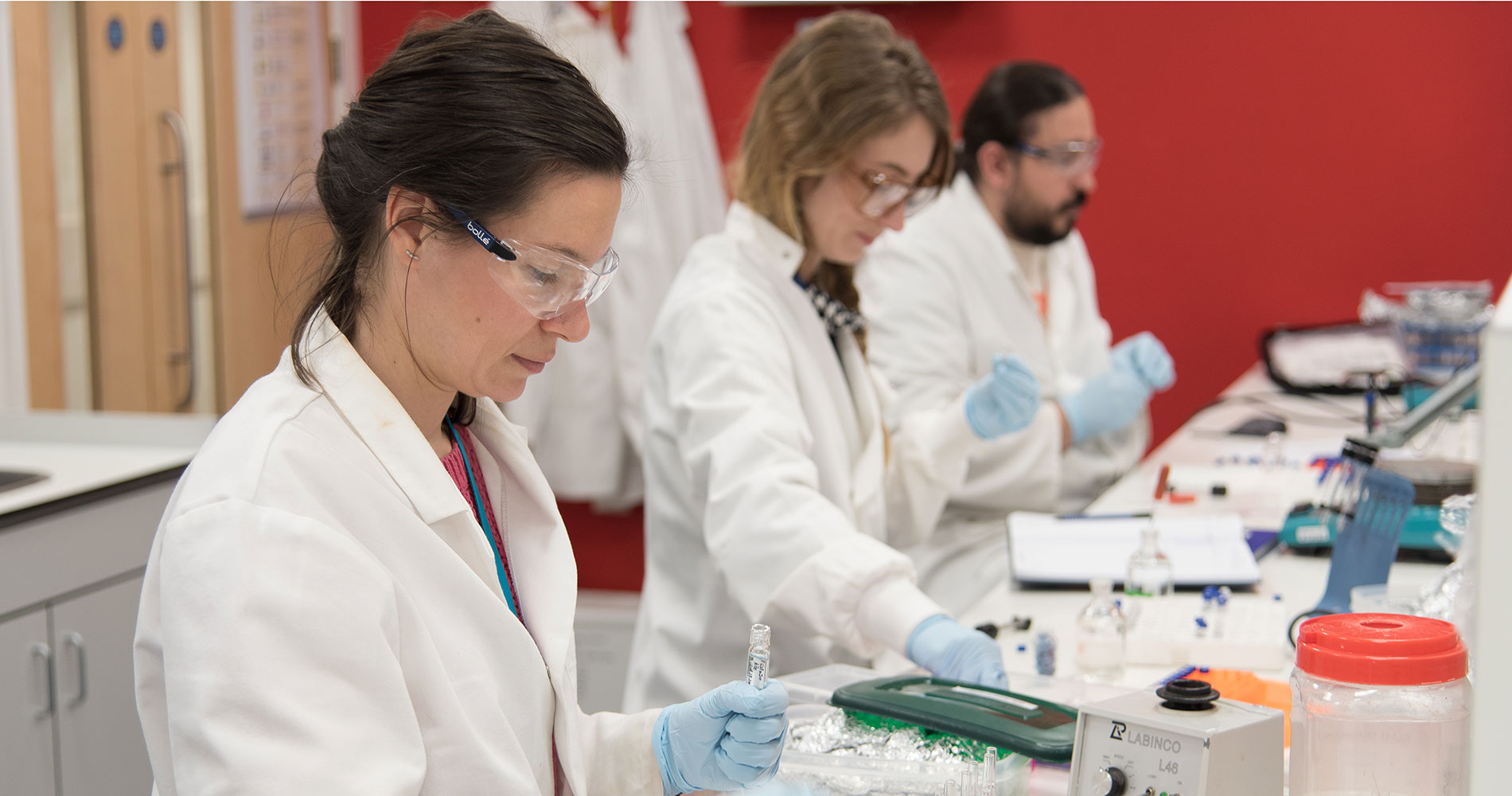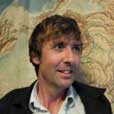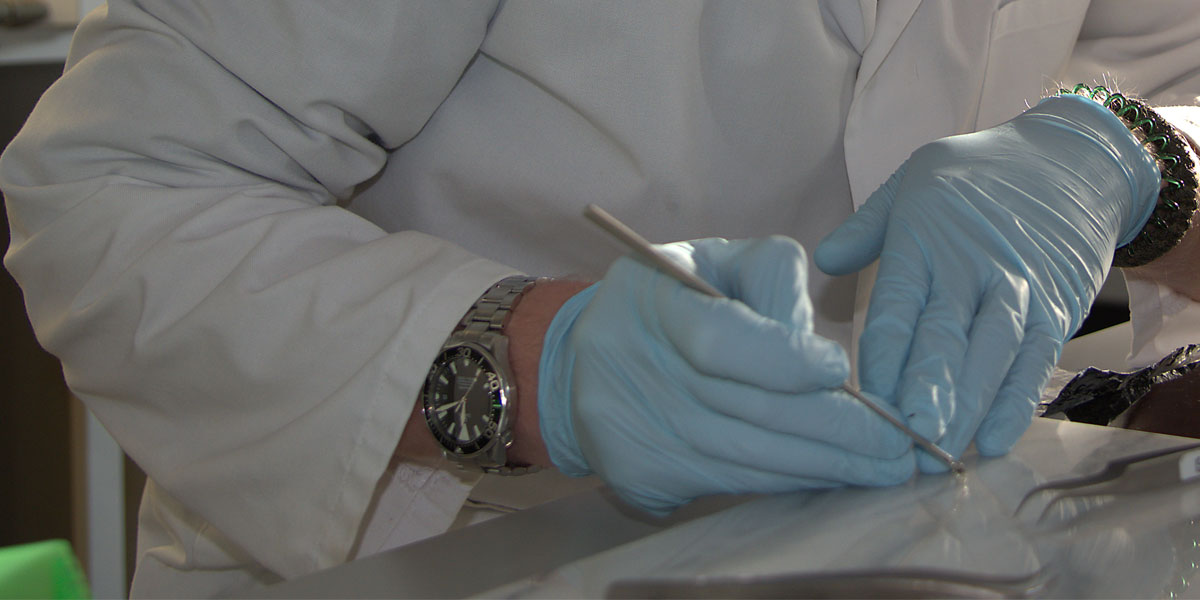
BioArCh: a centre of excellence in bioarchaeology
BioArCh has a unique concentration of expertise in bioarchaeology, with internationally recognised strengths in the analysis of human, animal and plant remains and molecular techniques - proteins, lipids, DNA and stable isotopes.
We aim to deliver practical solutions to major questions that benefit from time depth using approaches that range from Palaeoecology and isotopes to the latest -omics technologies. Our research covers major prehistoric and historic themes, forging stronger and more diverse links between laboratory and the field.
Interested in studying with us? Find out more about our BSc in Bioarchaeology, our MSc in Bioarchaeology, or get more details about our MSc in Zooarchaeology.

We are an inclusive group of curiosity-driven archaeologists, geochemists, environmental scientists and molecular biologists working on materials from around the globe from prehistory to the recent past.
Professor Oliver Craig, Director of BioArCh

Our research themes
Find out about the research themes underpinning all our work at BioArCh.

